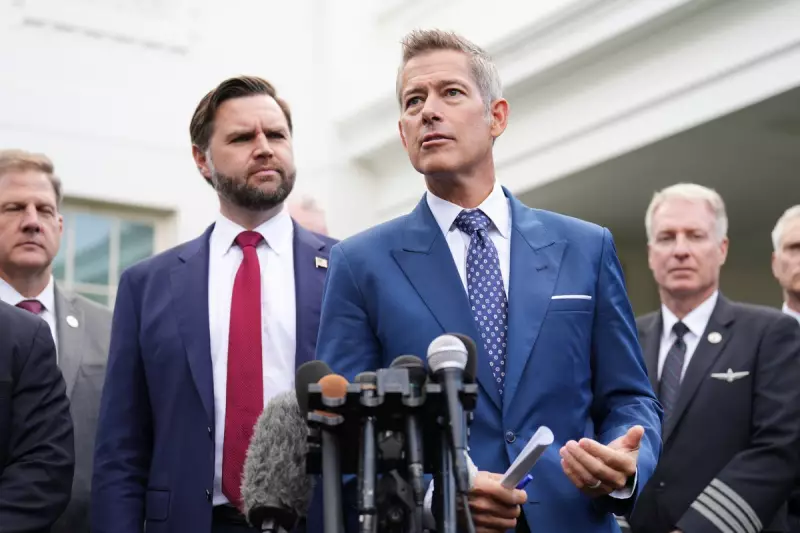
The White House has issued a scathing rebuke of Republican Senator JD Vance, dismissing his claims about politically motivated flight diversions as "conspiracy theories" devoid of evidence.
In a strongly worded statement, Deputy Press Secretary Andrew Bates condemned what he called "trafficking in bonkers conspiracy theories" that could undermine public confidence in aviation safety. The administration's sharp response comes amid growing concerns about the politicisation of air travel operations.
FAA Confirms Staffing Challenges, Denies Political Interference
The Federal Aviation Administration acknowledged ongoing air traffic controller shortages affecting major facilities, including the Jacksonville Air Route Traffic Control Center that handles significant portions of Florida's airspace. However, officials firmly rejected any suggestion of political motivation behind operational decisions.
"The FAA has never and will never direct air traffic control operations based on the political affiliations of passengers," an agency spokesperson stated, emphasising that safety remains the paramount consideration in all flight management decisions.
Boston to Los Angeles Flight Incident Under Scrutiny
The controversy erupted after a Boston-bound flight from Los Angeles International Airport was diverted to Minneapolis-St. Paul. Senator Vance seized upon the incident, suggesting without evidence that the diversion targeted a specific political figure aboard the aircraft.
Aviation experts have since clarified that such diversions typically result from legitimate operational concerns, including medical emergencies, mechanical issues, or weather-related challenges affecting specific routes or destinations.
Broader Implications for Aviation Governance
This incident highlights the delicate balance between political oversight and operational independence in aviation regulation. The FAA maintains that its decisions are guided solely by technical expertise and safety protocols, not political considerations.
As the aviation industry continues to recover from pandemic-era disruptions while facing persistent staffing challenges, maintaining public trust in the neutrality of air traffic management remains crucial for both safety and operational efficiency.





